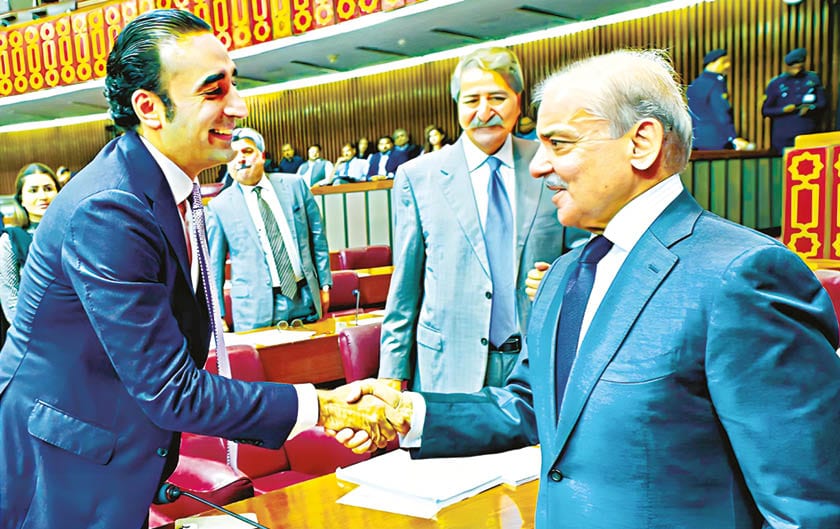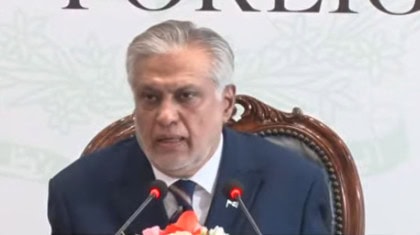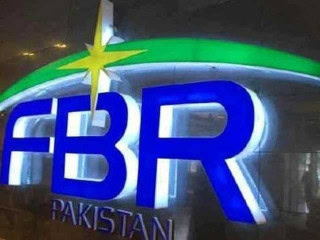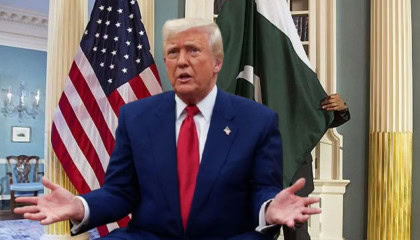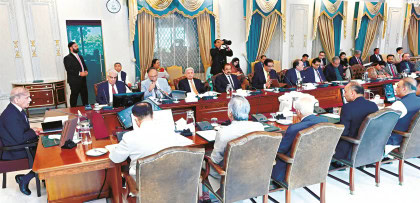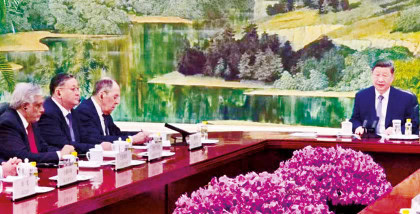Budget sails through NA with sweeping tax reforms
The National Assembly on Thursday approved the Rs17.57 trillion federal budget for the fiscal year 2025-26 with certain amendments, rejecting opposition calls for public consultation and clearing the way for a raft of tax reforms, revenue measures, and government spending plans for the coming year.
The session, chaired by Speaker Ayaz Sadiq, began with Finance Minister Mohammad Aurangzeb moving the Finance Bill 2025, which was taken up for a clause-by-clause review.
Finance Minister Muhammad Aurangzeb’s amendments to various legislation, including the Income Tax Ordnance, 2001, were all approved, while opposition amendments were rejected.
Opposition members proposed an amendment to delay the approval of the bill and seek public consultation, but this amendment was overwhelmingly rejected.
Aurangzeb moved to introduce the Finance Bill in the form recommended by the Standing Committee, despite opposition objections. One of the key clauses approved during the session addressed sales tax fraud. The bill introduced measures for arresting individuals involved in tax fraud, including penalties for issuing invoices without the delivery of goods or tampering with tax records.
Additionally, amendments allowed for the arrest of individuals attempting to destroy tax evidence or providing false information in tax returns.
Another important provision of the Finance Bill 2025 included a carbon levy of Rs2.50 per liter on petroleum products, which was approved under clause 3. The opposition’s amendments on this clause were also rejected. Furthermore, the bill imposed a 10% sales tax on solar panels to promote sustainable energy while generating government revenue.
The Finance Minister also presented an amendment to the Income Tax Ordinance 2001, which was subsequently approved, granting tax exemptions to 107 institutions.
Among those granted exemptions are the Pakistan Bar Council, provincial bar councils, the Fauji Foundation, Army Welfare Trust, and Foundation University, all of which will now be exempt from income tax.
The list also includes prominent charitable and educational institutions such as Shaukat Khanum Memorial Cancer Hospital, Edhi Foundation, Al-Shifa Trust, Shifa Trust Eye Hospital, Forman Christian College, LUMS, and Ghulam Ishaq Khan Institute. Additionally, the Poverty Alleviation Fund, National Rural Support Programme, National Endowment Scholarship, FBR Foundation, Pakistan Agricultural Research Council, and Audit Oversight Board have been granted exemptions.
Income tax relief has also been extended to pensions of former presidents and their widows, as well as to the Supreme Court’s Diamer-Bhasha and Mohmand Dam Fund.
The Customs Act of 1969 was also amended to enhance anti-smuggling efforts. The new provisions mandated the installation of cargo tracking systems for better monitoring of imports, exports, and transit goods.
Penalties were introduced for not using the electronic bill (e-bill) system for the domestic movement of goods, and severe fines and imprisonment were imposed for tampering with tracking devices.
The bill also introduced significant changes to the income tax system for salaried individuals. Employees earning up to Rs600,000 annually were exempted from tax, while new tax slabs were introduced for higher income groups.
Additionally, the House approved amendments concerning parliamentarians’ salaries and allowances. Under these changes, the determination of parliamentarians’ pay would be handled by the House Committee, rather than the Secretariat. Federal ministers and ministers of state would now receive the same salary as Members of Parliament.
With the final approval of the Finance Bill 2025-26, the total federal budget for the fiscal year has been set at Rs17.57 trillion.
Speaker Ayaz Sadiq concluded the session, which will resume at 11 AM the next day.
Meanwhile, Chairperson of the Pakistan People’s Party Bilawal Bhutto Zardari said on Thursday that his party was wholeheartedly supporting federal budget after the government accepted its demands including to exempt income tax on salaried individuals earning Rs100,000 and reduce sales tax on solar panels.
The income tax on annual income of Rs1.2 million has been exempted on the PPP demand, said Bilawal Bhutto while speaking at the floor of the house.
He further said that the government also agreed to the PPP’s reservations about giving arrest powers to the Federal Board of Revenue.
The government agreed that the arrest powers will only be limited to sales tax forgery and at the inquiry stage no arrest will be made, said Bilawal.
The tax fraud will be a bailable offense, said the PPP chairperson while announcing his party’s agreement with the government on the arrest powers.
Bilawal said that the PPP had demanded that there should be no tax on up to Rs1m income. He said that now we are told that there will be no tax on salary of up to Rs1.2 million per annum.
He said that the government also increased the BISP budget by 20% on the demand of the PPP. The government has allocated Rs716 billion for the BISP for the next fiscal year.
He criticised the Pakistan Tehreek-e-Insaf, saying the party always attempted to reduce funding for the BISP in every budget. On the other hand, Bilawal said, “Prime Minister Shehbaz Sharif increased the BISP allocation in every budget.”
Bilawal added that tax relief has been provided to the salaried class and the government has reduced the solar tax by 50pc on PPP’s recommendation.
He also noted that changes were made to FBR regulations following PPP’s objections.
“We are grateful to PM Shehbaz Sharif and the finance minister for addressing our grievances,” said the PPP co-chairman.

